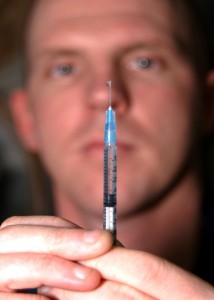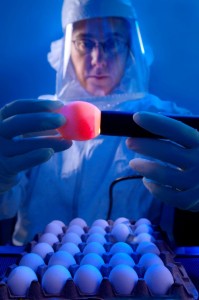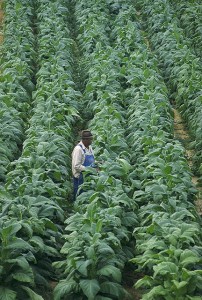

You may be saying, big deal, I get a flu vaccine every year. However, what sets Medicago’s technology apart is the potential to produce vaccines much more rapidly and with more flexibility. Most current influenza vaccines are produced in fertilized eggs, a technology that has barely changed in over 70 years. In the egg based method, the embryo is infected so that the virus can multiply and after a period of incubation, the virus is harvested and purified. This method, although functional, is extremely inadequate to address pandemics, as it generates low yields, does not rapidly scale, and is dependent on an abundance of available eggs.


A simple overview of the new process:
- Scientists isolate a protein from the flu virus that triggers a protective immune response in patients.
- They implant the gene for this protein into bacteria.
- They then infect a tobacco plant with the bacteria.
- The gene is incorporated into the plant directing it to produce the flu proteins.
- The proteins are then extracted from the plant and purified into a vaccine.
Medicago has completed Phase II trials on a pandemic flu vaccine, completed Phase I trials on a seasonal flu vaccine, and received a $21 million grant. This grant from the Defense Advanced Research Projects Agency (DARPA) is being used to build a 90,000-square-foot facility in the United States that aims to have the capability to produce 10 million vaccine doses per month.


Medicago is listed on the Toronto Stock Exchange under the symbol: MDG. Philip Morris International Inc. is listed on the New York Stock Exchange and the Euronext Paris under the symbol: PM
Correction: 11/2/2011 Medicago is based out of Québec and not Montreal as initially reported

